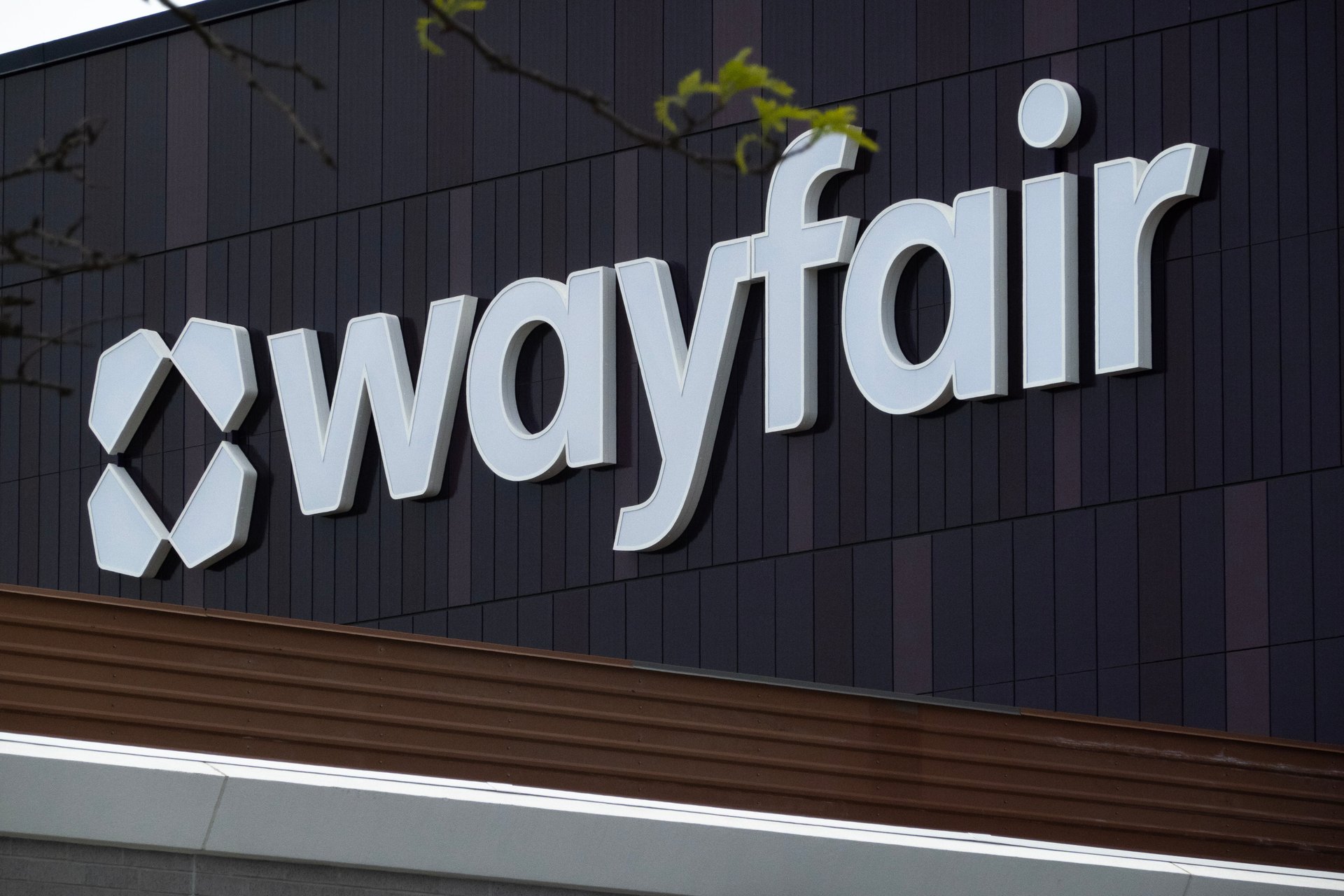Home goods sales are at 2008 financial crisis levels, Wayfair CEO says
The home furnishing industry was one of the hardest hit during the Great Recession

While consumer spending has remained healthy in much of the economy, the same can’t be said for the home furnishing market.
Suggested Reading
Sales at online home goods retailer Wayfair slowed 2% from last year, to $3.12 billion in the second quarter, the company reported Thursday. The company posted a $42 million loss in the three-month period that ended June 30.
“Customers remain cautious in their spending on the home,” Niraj Shah, CEO and co-founder of Wayfair, said in a statement. “And our credit card data suggests that the category correction now mirrors the magnitude of the peak to trough decline the home furnishing space experienced during the great financial crisis.”
Shah noted Thursday that “continued macro headwinds that are pressuring the ways customers are shopping” for home goods. These range from persistently sticky inflation, high interest rates, and dwindling consumer savings that have more and more Americans keeping their wallets shut to non-essentials.
When the housing market collapsed amidst the 2008 Great Recession, home-related stores suffered one of the biggest blows of all U.S. industries. Regional furniture stores, mattress companies, department stores, and even home design magazines laid off thousands of employees — and many shuttered amid the downturn.
While the U.S. is largely expected to avoid a full-blown recession this time around, consumer spending has shifted more to experiences like travel and dining out in recent years thanks to pent-up demand from the pandemic. Paired with a tough housing market that’s preventing many from owning a home outright, furnishings are not at the top of consumers’ lists of expenses.
As a result, Wayfair has been trimming costs — and its workforce — for years, following a pandemic-era sales boom and subsequent hiring spree. In January, it said that it would be laying off 1,650 staffers, or about 13% off the company. The company had gone “overboard in hiring” during its strong sales run, Shah wrote to staffers in an email at the time.